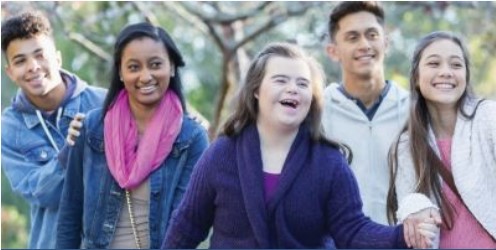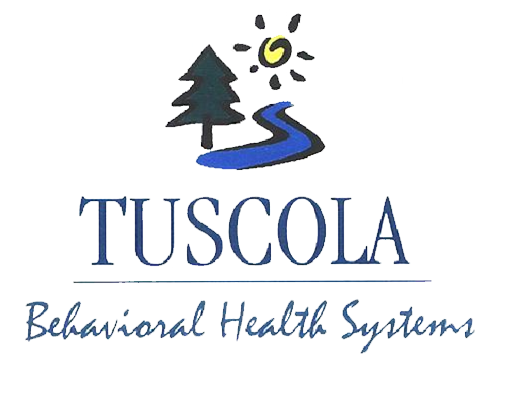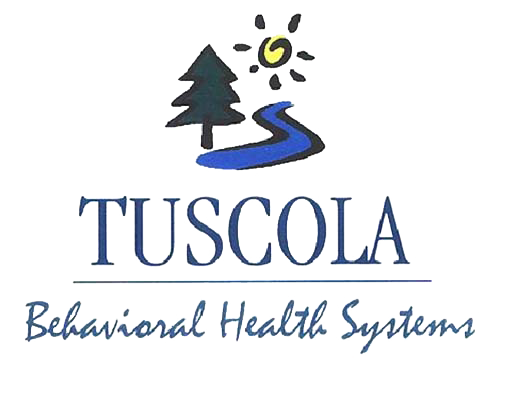Programs and Services



As Tuscola County's primary provider of behavioral health services, we are confident that we can assist with your health care needs. This area gives a brief overview of just a few of the many programs or services available to you. Whether you become a primary recipient (someone receiving services directly) or a secondary recipient (someone responsible for the person receiving care), we look forward to a relationship that will improve your life and the lives of your loved ones.
During the first appointment with your therapist, you will be asked to share detailed information about your concerns as well as, your past medical, psychiatric, and life history. Based on this information, you and your therapist will establish goals for treatment and develop a treatment plan. You are encouraged to actively participate in the development of your treatment plan and in your therapy.
It is Tuscola Behavioral Health Systems priority to work with you and your family to provide the best quality of care possible. Our staff is dedicated to understanding your needs and ideas. Services are confidential.
Click below to view items
Assertive Community Treatment (ACT) Program
ACT is a team based, community-oriented program that provides an inclusive array of services that support Consumers in their recovery journey. The Team works comprehensively with adults who have been diagnosed with a severe and persistent mental illness and who may be at risk for psychiatric hospitalization.
ACT also provides Integrated Dual Diagnosis Treatment (IDDT), for co-occurring disorders for individuals served that have both a mental health and substance abuse diagnosis, as well as assessing and providing Dialectical Behavioral Therapy (DBT), for individuals with emotional regulation disorders.
ACT Goals
The ACT Team strives to keep people safe in their community, to reduce their hospitalizations, and to enhance their quality of life. They assist individuals to meet their basic needs, live independently, and maintain medication regimens. The Team strives to lessen or eliminate symptoms of mental illness and prevent a reoccurrence of acute episodes of the illness.
The Treatment Model
Includes dedicated professionals from a variety of backgrounds who work together to holistically meet the needs and goals of the individuals served. The Team consists of a psychiatrist, a peer advocate, a Registered Nurse, and Social Workers.
The staff is knowledgeable in areas of vocational rehabilitation, supported employment, substance abuse, and crisis intervention. This multi-disciplinary team assists individuals to meet their choice of goals, by bringing their expertise and collaborating on the delivery of services.
ACT Services
ACT Services are available 24 hours a day, 7 days a week. Team contact is based on individual need and no limits are placed on the length of time a person receives services.
The majority of services are provided within the individual's home. Emphasis is placed on the indidvidual served being an active participant in treatment and recovery. The Team provides medication management and therapeutic services. The Team assists individuals in coordinating services with other community agencies and primary care physicians.


